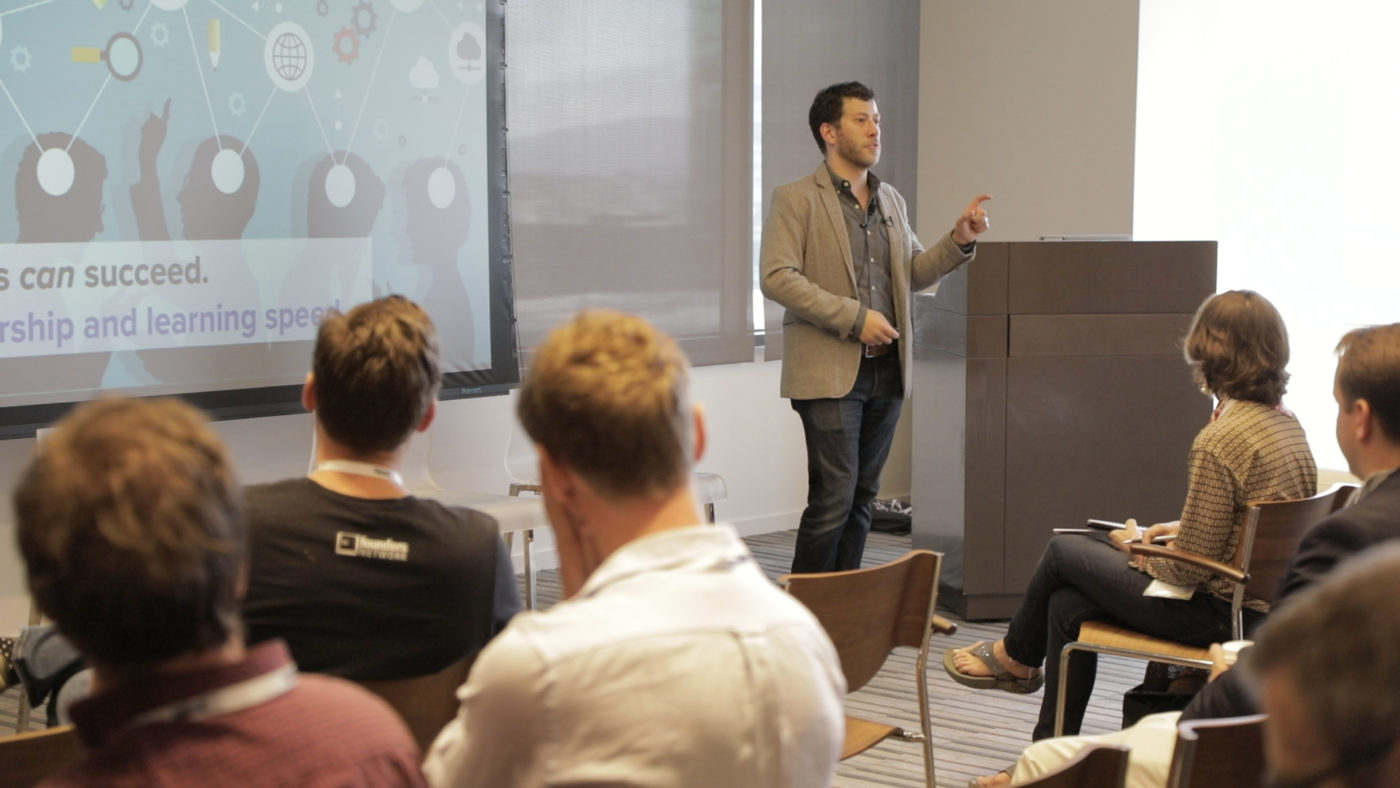The Rise of Innovative Startups: Disrupting Traditional Industries.

In recent years, innovative startups have emerged as formidable disruptors, reshaping traditional industries and challenging established norms. These startups, driven by technology, creativity, and entrepreneurial zeal, are fundamentally altering business landscapes across sectors such as transportation, hospitality, healthcare, and finance. This article explores how startups are revolutionizing industries, the key factors driving their success, and the implications for both consumers and established corporations.
Unleashing Disruption: How Startups Are Redefining Industries

Startups excel in innovation and agility, unencumbered by the bureaucratic structures that often slow down larger corporations. By identifying inefficiencies, gaps in the market, or unmet consumer needs, startups introduce solutions that transform entire industries. For instance, Uber disrupted transportation with ride-sharing, Airbnb revolutionized hospitality with peer-to-peer rentals, and fintech companies like Stripe have transformed financial services with streamlined payment solutions.
Key Drivers of Startup Disruption

Technological Advancements
Advancements in technology, such as AI, blockchain, and IoT, empower startups to develop scalable solutions that challenge traditional business models. These technologies enable startups to optimize processes, improve user experiences, and create innovative products and services that resonate with consumers.
Customer-Centric Approach
Startups prioritize understanding consumer behaviors and preferences, allowing them to tailor their offerings accordingly. By delivering personalized experiences, superior customer service, and innovative solutions, startups build strong customer loyalty and gain a competitive edge over larger competitors.
Agility and Adaptability
Startups thrive on flexibility and rapid adaptation to market changes. They can pivot quickly in response to feedback and emerging trends, enabling them to stay ahead of the curve and seize new opportunities in dynamic industries.
Industries Being Disrupted by Startups
Transportation and Mobility
Startups like Uber and Lyft have revolutionized urban mobility with on-demand ride-sharing services, challenging traditional taxi companies and public transportation systems. The rise of electric scooters from companies like Lime and Bird further illustrates how startups are reshaping transportation options.
Hospitality and Accommodation
Airbnb disrupted the hospitality industry by offering alternative accommodations through its platform, providing travelers with unique and often more affordable lodging options compared to traditional hotels. This shift has forced incumbents to rethink their business strategies and customer offerings.
Healthcare and Wellness
Healthcare startups are leveraging technology to improve access to healthcare services, enhance patient care, and empower individuals to manage their health more effectively. Telemedicine platforms, health tracking apps, and personalized medicine services are leading innovations in the healthcare sector.
Finance and Fintech
Fintech startups are transforming financial services by introducing digital payment solutions, online lending platforms, and mobile banking apps. Companies like Square and Revolut have democratized access to financial services, challenging traditional banks with their innovative approaches.
Implications for Established Corporations

The rise of innovative startups presents both challenges and opportunities for established corporations:
Competitive Pressures
Traditional companies face intensified competition as startups disrupt markets and capture market share with innovative products and services. To remain competitive, established corporations must innovate continuously, adopt new technologies, and enhance customer experiences.
Collaboration and Acquisition
Many established corporations are partnering with or acquiring startups to gain access to new technologies, talent, and innovative business models. These strategic alliances allow incumbents to stay ahead of disruptive trends and accelerate their own digital transformation efforts.
Adaptation to Change
To thrive in an era of disruption, established corporations must embrace a culture of innovation, agility, and customer-centricity. They must be willing to experiment, iterate quickly, and adapt their strategies to meet evolving consumer expectations and market dynamics.
Conclusion
In summary, startups are revolutionizing industries by leveraging technology and customer-centric innovation, challenging established norms, and prompting a paradigm shift towards greater agility and consumer empowerment. This era of disruption presents both challenges and opportunities for established corporations, emphasizing the need for continuous innovation and adaptation to thrive in an evolving business landscape.





